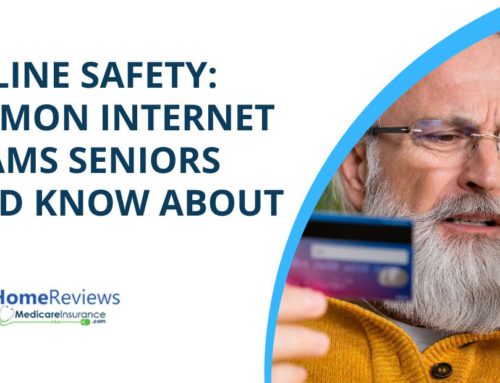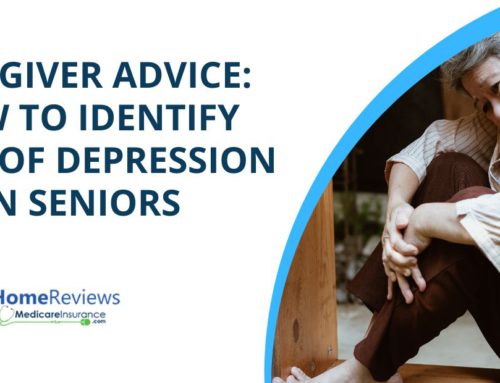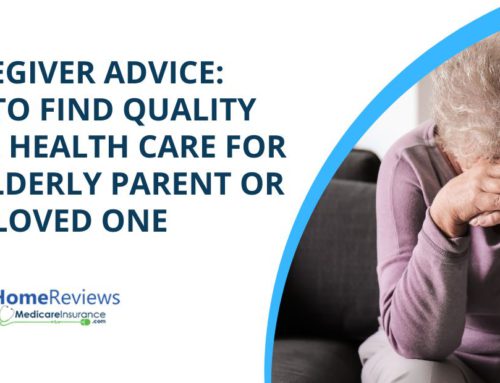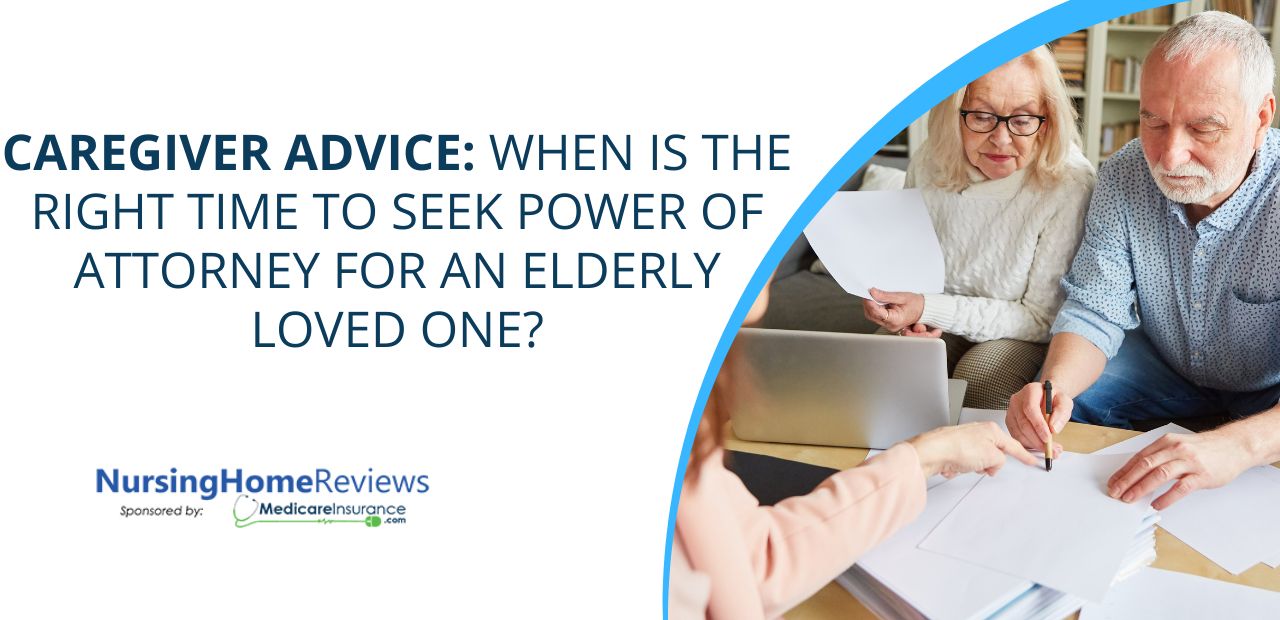
Becoming incapacitated is never easy to think about.
It’s easy to put off thinking of power of attorney, especially if your loved one is currently healthy and of sound mind. However, this isn’t something you should put off forever. The sooner you have the conversation, the fewer problems you’ll have when the inevitable happens. Still, power of attorney is a sticky subject, so let’s break it down. How to talk about power of attorney. Why do you need power of attorney? What sort of power of attorney will your loved one need?
What is the Power of Attorney?
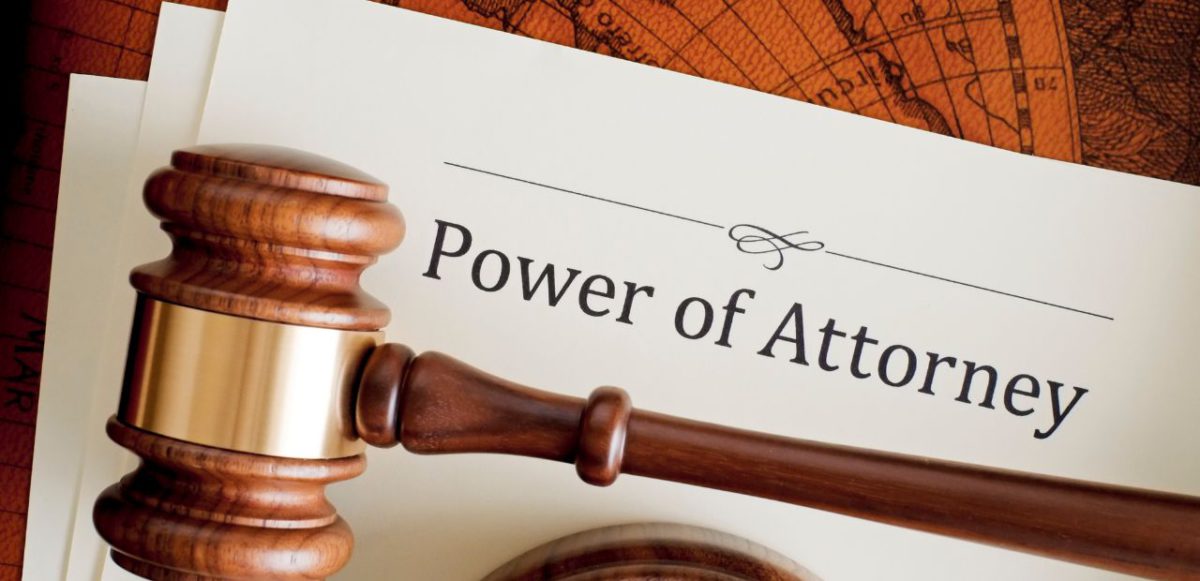
Power of Attorney (POA) is a type of power of attorney document or POA document that allows you to act on behalf of a loved one regarding certain legal matters. Essentially, giving someone POA allows them to sign contracts, pay bills, manage finances, make medical decisions and perform other legal duties on your behalf. It is distinct from a living will, which outlines a person’s desires regarding end-of-life medical treatments. POA, while it can involve medical decisions, instead puts the onus of decision-making on a trusted agent. Agent, in this case, refers to the person granted power of attorney, allowing them to make decisions and fulfill certain duties on behalf of someone else, known as the donor or principal.
Power of attorney is defined by what powers the donor (or principal) provides to their agent. Or, in other words, how long those powers last, and what the agent is allowed to do on a person’s behalf.
Traditionally, Power of Attorney comes into effect immediately, which is good for business purposes, but generally inappropriate in the context of caregiving. To be able to establish POA in the first place, the donor must be deemed mentally capable. If the potential donor is incapacitated or otherwise deemed incapable of providing proper consent, then it’s impossible to establish POA without complicated legal document proceedings. That’s where a springing power of attorney comes in.
Springing Power of Attorney is a type of POA that comes into effect once certain circumstances are met, such as the incapacitation of the donor. Springing POAs are usually durable power of attorney (more on that later), but cannot be invoked before the triggering event occurs. Springing POAs are good for long-term planning, but can create some issues when ‘incapacity’ is not clearly defined, such as in cases involving more subtle cognitive decline, so use this option with caution.
In a caregiving context, you want a durable power of attorney (durable POA) to be, meaning it is not automatically revoked once the donor becomes incapacitated. Normally, more business-oriented POAs are designed to end when the donor is incapacitated, automatically revoking consent when they are no longer able to provide it. In a medical sense, this is the opposite of what you want: the POA would be canceled the moment it’s needed most!
Finally, there are a variety of special power of attorney forms. General power of attorney is the broadest in scope, allowing the agent to act on the donor’s behalf in all areas allowed by local law. There is also financial power of attorney, which allows the agent to take various financial matters or financial affairs into their own hands and exercise control of a bank account on behalf of the donor. However, in the context of caregiving, the most important type to consider is medical power of attorney, also called health care power of attorney.
Medical Power of Attorney: The Duties of an Agent
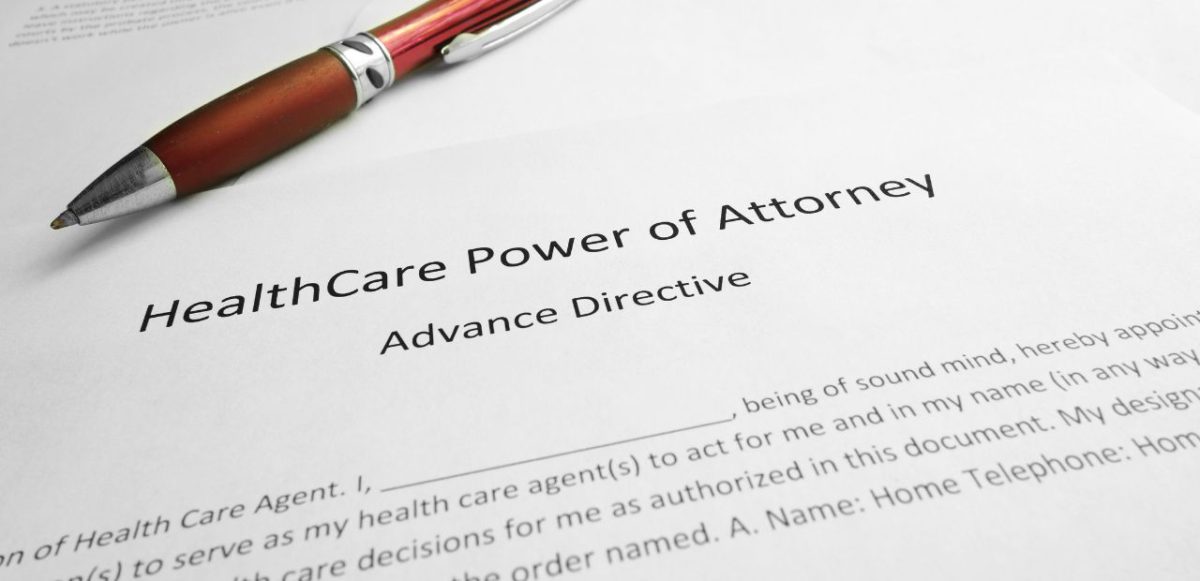
Medical or health care power of attorney is a special type of power of attorney that is a good way to demonstrate the specific duties of an agent, as the impact of medical decisions is often easier to grasp than the more abstract world of finance.
While an agent has a great deal of influence over a principal’s health care, it’s not absolute power. The intent of power of attorney is for the agent to act on the principal’s behalf, not to circumvent their wishes. It’s the agent’s job to keep track of the principal’s needs and act in their best interest. For medical POA, this includes monitoring their conditions, speaking with their healthcare team, and working to preserve and improve their quality of life.
This is why it’s important to establish expectations while filling out any health care power of attorney forms. Consider establishing a living will in addition to POA, so the principal’s wishes and desires are clearly understood. Living wills and similar documents take precedence over power of attorney in most cases, so this is an added layer of peace of mind.
It should be noted that an agent’s duties end with the death of the donor: they cannot modify the donor’s will (unless they are also the executor), nor do they have any control over the deceased’s estate (unless given such control via other means).
How to Get Power of Attorney

Plans for power of attorney should be established early on, while the donor is of sound mind and capable of providing (and if necessary, revoking) consent. The exact laws vary from state to state, but typically involve drafting a contract and getting it notarized with witnesses present. A notary service can help draft a general purpose contract, but seeking out professional counsel is usually your best option.
If possible, establish a springing POA with a firm definition of incapacitation and a living will. This makes it easier to establish when POA comes into effect and what the explicit expectations and wishes of the principal are. Beware that some states, such as Florida, do not allow for springing POAs, so the process may be more complicated there. In the event that a springing POA is not possible, establishing a living will allows for the designation of a healthcare surrogate, who performs a similar role to an agent with Medical POA, albeit with less agency.
In the event the donor is already incapacitated, establishing POA is more difficult. A court will need to establish a conservatorship (for financial POA) or guardianship (for medical POA), which can be a long and messy legal process. As difficult as it can be to discuss, it’s much better to act sooner rather than later.
Who should have POA?

Choosing an agent is a tricky proposition, considering the legal burden the choice places upon their shoulders. In general, an agent should be someone with the donor’s best interests in mind. For medical POA, this is almost always the primary caregiver: typically an adult child or spouse who handles day to day caregiving duties.
In the event that the donor lives in a nursing home or assisted living facility, or has a hired caregiver, power of attorney should be given to the family member most frequently in contact with them; ideally one who lives nearby. The agent should be in regular contact with the principal to monitor their needs and act if they suspect any elder abuse or other problems.
Many nursing homes require power of attorney to be established before admitting new residents, and will even offer to handle the legal proceedings: however, it is best to seek out independent counsel instead of relying on the nursing home’s notaries. While they mean well, they lack critical information that could cause a great deal of trouble down the line, and may assign POA to an inappropriate agent.
What if I suspect someone is abusing power of attorney?

Agents are bound by law to act in the principal’s best interest: if you suspect an agent is using POA to commit financial crimes such as embezzlement or fraud, gather any evidence you might have and report it to law enforcement immediately.
Establishing expectations for power of attorney as soon as possible can save you a lot of time, money, and heartache in the future, allowing you to focus on caring for your loved one during their final days. If you’re looking for help in tending to a loved one, our free app on iOS and Android can give you up-to-date information on nursing homes, assisted living facilities, and more. Download it from your preferred app store, or use our web tool to begin your search.

